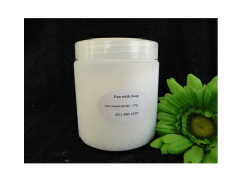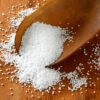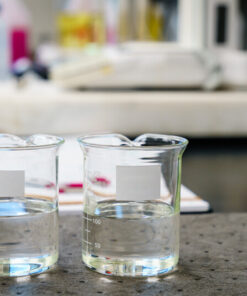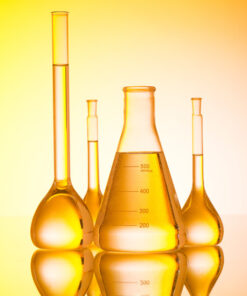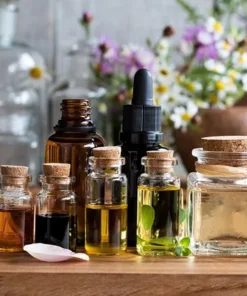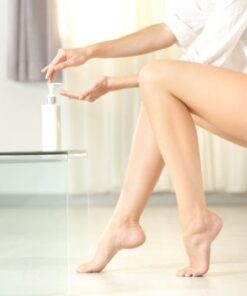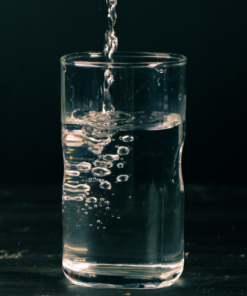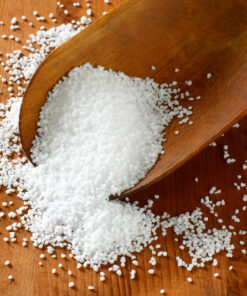Ceto Stearyl Alcohol – 250g
R32,00
Ceto Stearyl Alcohol – 250g – Used for its emollient, emulsifying, and thickening properties, it is essential in creams, lotions, and hair care treatments.
27 in stock
Ceto Stearyl Alcohol – 250g
Versatile Ingredient for Skin and Hair Care Formulations
Cetearyl Alcohol is a fatty alcohol that plays a key role in improving the texture and performance of many cosmetic products. Widely used for its emollient, emulsifying, and thickening properties, it is essential in creams, lotions, and hair care treatments.
Key Benefits & Uses
- Softens and Soothes: Cetearyl alcohol works as an emollient, helping to soften and hydrate the skin. It forms a protective layer, locking in moisture and preventing dehydration.
- Blends Oil and Water: As an emulsifier, cetearyl alcohol helps combine oil and water-based ingredients. It ensures that products like creams and lotions have a smooth, homogeneous texture.
- Improves Texture: This ingredient also acts as a thickening agent, contributing to a creamy consistency. It enhances the luxurious feel of products such as moisturizers and hair conditioners.
- Stabilizes Formulations: Cetearyl alcohol helps maintain the stability of your product by preventing separation or breakdown over time, ensuring its longevity.
- Conditions Hair: In conditioners and masks, cetearyl alcohol helps detangle and soften hair, making it easier to manage and style.
- Non-Comedogenic: Cetearyl alcohol has a low comedogenic rating, which means it is unlikely to clog pores. This makes it suitable for all skin types, including sensitive and acne-prone skin.
Why Choose Cetearyl Alcohol?
Unlike drying alcohols such as ethanol or isopropyl alcohol, cetearyl alcohol is hydrating and gentle on the skin. It provides moisturizing benefits, making it ideal for skincare and hair care products. Additionally, it is compatible with a wide range of other ingredients, adding to its versatility.
Cetearyl Alcohol is safe for use in cosmetic products when used in appropriate concentrations, generally between 1% and 5%. Individuals with specific allergies or sensitivities should always perform a patch test before use.
This ingredient helps create smooth, stable, and luxurious products, improving the user experience while providing nourishing benefits for skin and hair.
| Weight | 0,300 kg |
|---|---|
| Dimensions | 13 × 13 × 13 cm |

